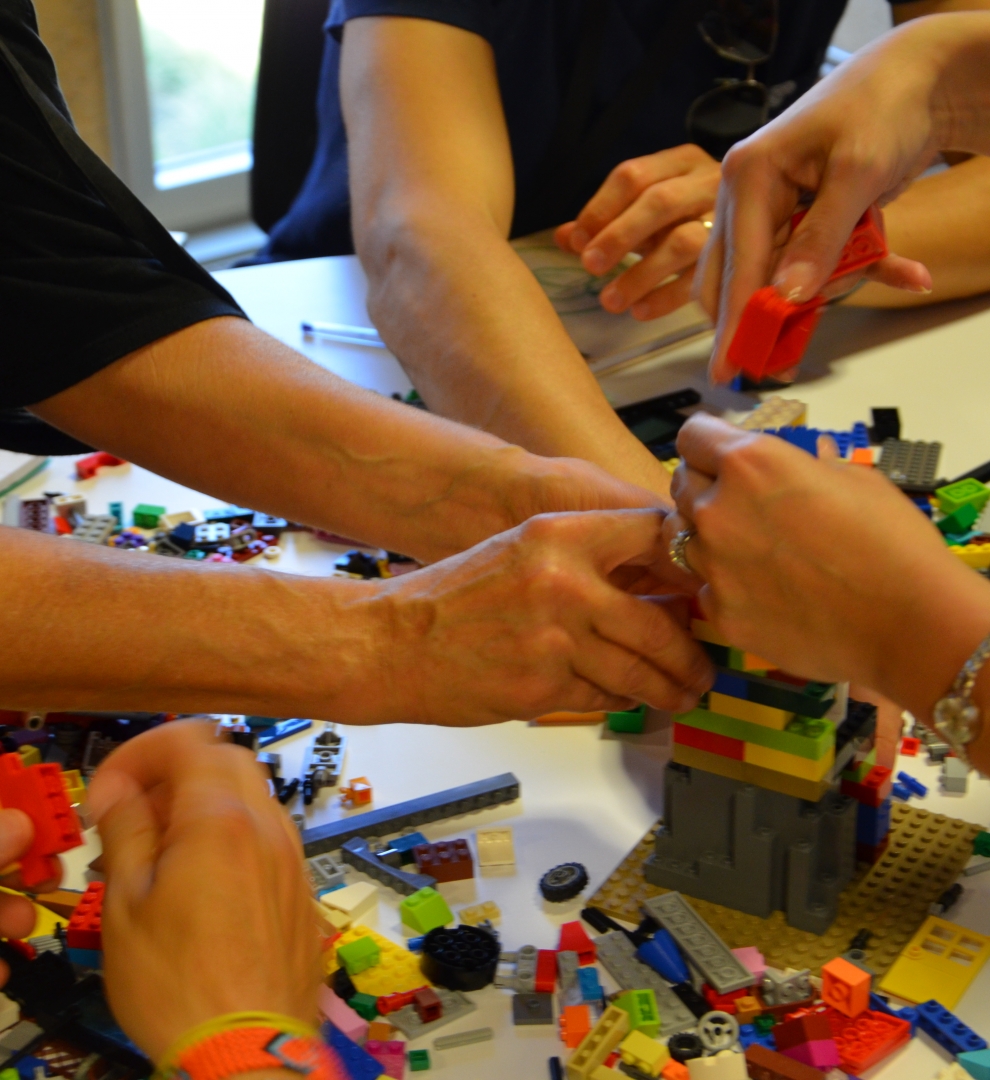
SISCODE was an EU funded project aimed at stimulating the use of co-creation methodologies in policy design, using bottom-design-driven methodologies to pollinate Responsible Research and Innovation, and Science Technology and Innovation Policies.
In order to achieve this goal, the project consortium run a European wide research to understand the dynamics within these co-creation environments as well as the outcomes we can obtain from such approaches. These results were then compared to devise a set of co-creation methodologies suited for scalability and replication. The project used experimentation as a key element to succeed in its objectives. 10 co-creation labs spread around Europe worked with design-driven approaches to co-create, generating real life knowledge. They each selected a challenge to tackle with local stakeholders in order to find solutions together. This gave policymakers the opportunity to test new and more open ways in conceiving policies that reconnects policy design with grassroots initiatives and citizens.
Led by the Politecnico di Milano, SISCODE is governed by a multidisciplinary consortium of institutions. This partnership brings together 17 organisations with extensive networks, world class research experience, policy expertise and a proven track record of collaboration in complex projects implementation.
The partners are based in 13 European countries and include 3 networks with members spread around the world. Partners include world class research institutions specialised in applied research with strong policy connections. The project also counts on the expertise of institutions that combine research and a practitioner focus having a long experience in supporting and conducting co-creation processes.
The expertise of the consortium was backed by a scientific committee to ensure the achievement of high level scientific results and impact. Members appointed were representative from the fields of policy, science, innovation, design and science communication.






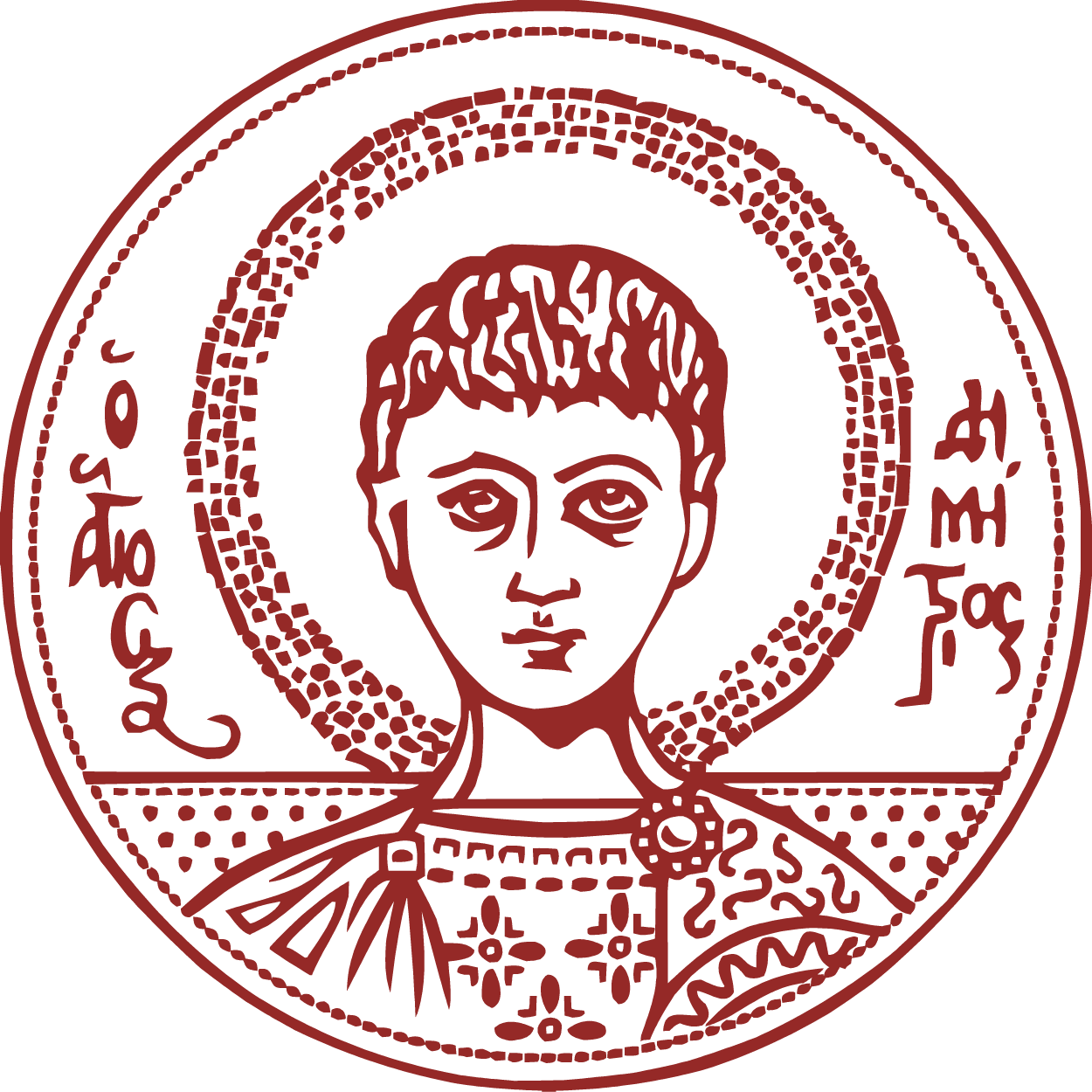

















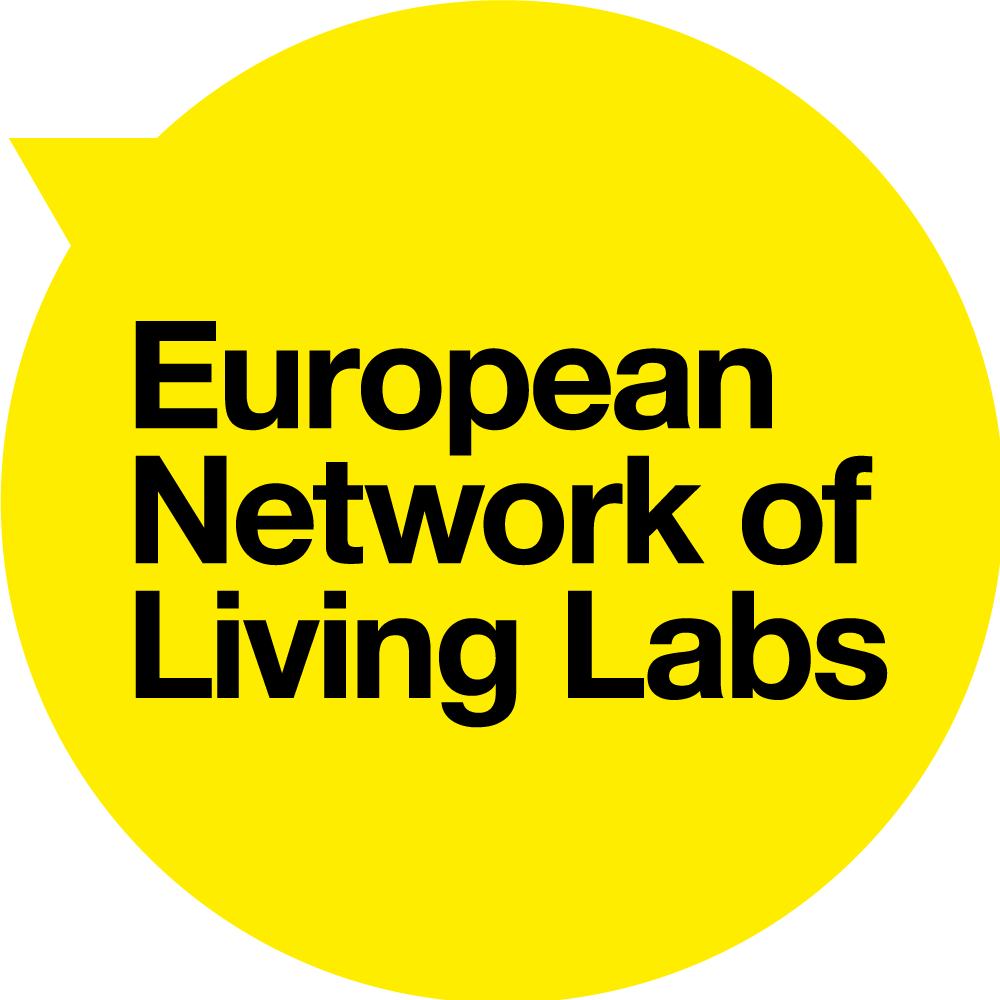














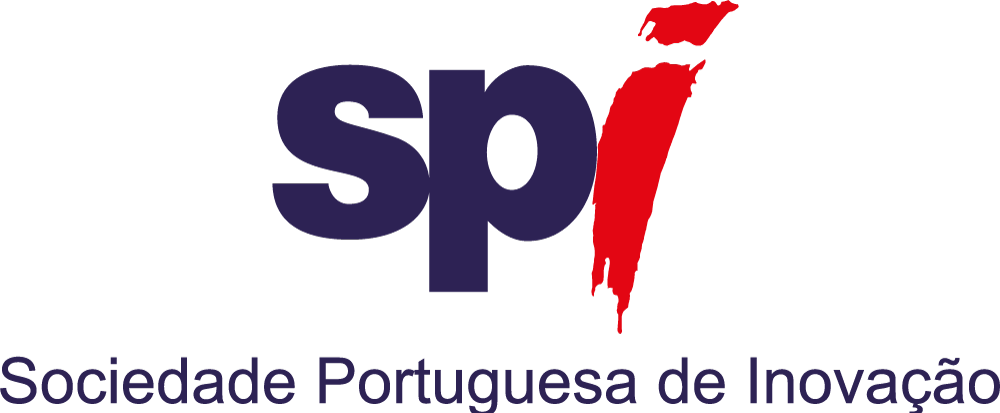











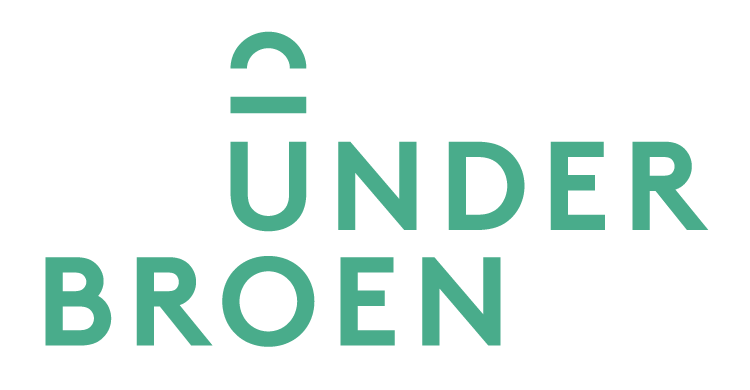


Politecnico Milano is the largest scientific-technological university in Italy. The Department of Design is one of the leading design research institutions worldwide. It operates in multidisciplinary research settings, in which design plays a mediating role and is a critical element. Its mission is to expand design knowledge, investigating how design enables and drives innovation to increase competitiveness, realise a better quality of life and achieve more sustainable and inclusive growth.
Contact:
Politecnico Milano
Piazza Leonardo da Vinci, 32, 20133 Milano, Italy
Alessandro Deserti
Francesca Rizzo, Ph.D
Agenzia per la Promozione della Ricerca Europea (APRE) is a no-profit research organization and was created in 1989 as a joint initiative of the Italian Ministry of Education, University and Research (MIUR) and some public and private bodies, to meet the growing demand for information on European research programmes. APRE’ mission is to support the scientific and the industrial community along the path to Europe and beyond, providing information, training and assistance activities on the European Commission Framework Programmes for Research and Innovation. APRE is at the heart of a network of almost 130 members from the academia and the private and public sector, and as of the Seventh Framework Programme has been officially appointed host organization of the Framework Programme Italian National Contact Points for all the themes and sectors.
Contact:
APRE
Via Cavour, 71 - 00184 Roma, Italy
segreteria@apre.it
The Medical Physics Laboratory is part of the School of Medicine in the Aristotle University of Thessaloniki (AUTH), the largest Greek University with numerous research projects in the European and international research arenas. The lab’s main strengths lie with the operation in actual community settings and residences following a paradigm of actual in-the-wild collection and processing of data, offering ecological validity schemes, a strategic geographical location and a wide, trans-national network with strong collaboration capacity with the Active and Healthy Ageing (AHA) ecosystem in Greece and the Balkan region. It participates in the European Initiative on Active and Healthy Aging (EPIonAHA) and is member of the European Network of Living Labs (ENoLL) with the Thessaloniki Active and Healthy Ageing Living Lab (ThessAHALL).
Contact:
Medical Physics Laboratory
Department Of Medicine Aristotle University Of Thessaloniki
P.C. 54124, Thessaloniki, Greece
asiounta@auth.gr
BioSense Institute is a public research and development institution which cross-fertilizes two most promising sectors in Serbia but also globally: ICT and agriculture. Multidisciplinary research is performed in the fields of micro and nano-electronics, communications, signal processing, remote sensing, big data and artificial intelligence, robotics and biosystems, with a common goal to support the development of sustainable agriculture. The Institute founded and hosts one of the first European Living Lab focused on Precision Agriculture – PA4ALL, an open innovation ecosystem that promotes the development of user‐driven precision agriculture.
Contact:
BioSense Institute
Zorana Đinđića 1, Novi Sad, Vojvodina 21101, Serbia
Milica Trajković
Ciência Viva, the Portuguese agency for the public awareness of science and technology, is a non-profit association of public institutions and research laboratories; it is also a network of 20 science centres across Portugal. The agency has extensive experience in engaging the public, researchers, schools and industry in science and society initiatives. Ciência Viva has been involved in several European projects for science awareness, science education, sharing of resources and, more recently, responsible research innovation and open science.
Contact:
Pavilhão do Conhecimento - Centro Ciência Viva
Largo José Mariano Gago, Parque das Nações, 1990-223 Lisboa, Portugal
Cube design museum is the first museum in the Netherlands that is entirely dedicated to the design process. Cube exhibits design with content; design that has an impact on the world.
A visit to Cube provides insight into the process of design and inspires and stimulates active thinking about how the world around us is designed. Cube not only presents exhibitions of leading international and Euregional design, but also functions as a multidisciplinary laboratory, where visitors work on innovative product design together with students and designers.
Contact:
Cube design museum
Museumplein 2, 6461 MA Kerkrade, the Netherlands
info@cubedesignmuseum.nl
The Danish Design Centre (DDC) is Denmark’s national design centre. Established in 1978, DDC is rooted in history and in the qualities that Danish design stands for, operating in an environment at the intersection of business and industry, the design profession, education and research institutions and public institutions. DDC’s mission is to promote the use of design in business and industry, to help professionalise the design industry and to document, promote and brand Danish design in Denmark and abroad.
Contact:
Danish Design Centre
Bryghuspladsen 8, BLOX, 1473 Copenhagen K, Denmark
ddc@ddc.dk
Ecsite, the European Network for Science Centres & Museums, is the only Europe-wide network organization that links science centres and museums, natural history museums, zoos, aquariums, universities and research organizations in Europe as active members. The common thread uniting these institutions is a commitment to public engagement, communicating science through accessible, interactive exhibits and programmes. Counting 350 members, Ecsite facilitates co-operation – establishing standards, sharing expertise, disseminating best practice, encouraging collaboration and developing training programmes. The organization has extensive experience in EU funded projects, including several in a coordinating role.
Contact:
Ecsite
Avenue Louise, 89/7, Brussels, Belgium
info@ecsite.eu
The European Network of Living Labs (ENoLL) is the international federation of benchmarked Living Labs in Europe and worldwide. Living Labs (LLs) are defined as user-centred, open innovation ecosystems based on systematic user co-creation approach, integrating research and innovation processes in real life communities and settings. ENoLL counts today over 130+ active Living Labs members worldwide. Directly, as well as through its active members, ENoLL provides co-creation, user engagement, test and experimentation facilities targeting innovation across a variety of different domains.
Contact:
ENoLL
Pleinlaan 9, 1050 Ixelles, Brussels, Belgium
info@enoll.org
The Institute for Advanced Architecture of Catalonia is the centre of research, education, production and outreach. Based in Barcelona, Spain, IAAC follows the digital revolution at all scales, from bits to geography, from micro-controllers to cities, from materials to the territory, in order to expand the boundaries of architecture and design. Fab Lab Barcelona is part of IAAC, where it support different educational and research programs related with the multiple scales of the human habitat.
Contact:
Fab Lab Barcelona
Institute for Advanced Architecture of Catalonia (IAAC)
C/Pujades 102 baixos. Poble Nou, 08005 Barcelona, Spain
info@fablabbcn.org
Krakow Technology Park was established in 1997. Its mission is to develop modern economy and innovative academy-based technology enterprises in the region. Krakow Technology Park plays a key role in the development and growth of the local economy in the area of ICT technologies and e-driven solutions, being a hub for innovative SMEs offering them varied infrastructure, state-of-the-art labs, office space and a vast range of training, information and consulting opportunities. As Business Innovation Center, KTP supports directly over 150 companies (incubators, accelerators, tenants) located in the venue, gathers 100 IT & ICT based companies in clusters and the same number in special economic zone.
Contact:
Kraków Technology Park
ul. Podole 60, 30-394 Krakow, Poland
Agnieszka Włodarczyk
Polifactory, makerspace–fablab and KET Centre of Politecnico di Milano, is a multidisciplinary research lab developed by the Departments of Design, Mechanical Engineering, and Electronics, Information and Bioengineering. Launched in 2015, Polifactory aims to explore and investigate the relationship between design and the change of production models. It develops experimental, research and educational activities related to user and indie innovation, open and distributed production, urban manufacturing, and supports pre-incubation of innovative ideas offering a Talents in Residence program.
Contact:
Polifactory
Politecnico di Milano - Campus Candiani
Via Candiani, 72 (Building B3) – 20158 Milan, Italy
polifactory@polimi.it
In 2008, a forgotten corner of Trinity College Dublin was transformed into a living experiment called Science Gallery Dublin. Through a cutting-edge programme that ignites creativity and discovery where science and art collide, Science Gallery Dublin encourages young people to learn through their interests. The focus of the nonprofit gallery is on providing programmes and experiences that allow visitors to participate and facilitate social connections, always providing an element of surprise.
Contact:
Science Gallery Dublin
The Naughton Institute, Trinity College Dublin,
Pearse St, Dublin 2, Ireland
info@dublin.sciencegallery.com
SPI (Sociedade Portuguesa de Inovação) is a private consulting company created in 1996 as an active center of national and international networks connected to the research and innovation sectors. SPI has embraced the mission of managing projects that promote regional, national and international development, stimulating knowledge management, research, innovation and entrepreneurship, as well as encouraging internationalization and creation of strategic partnerships and business relationships. SPI has over 75 full-time staff located in Portugal (Porto, Lisbon, Coimbra, Évora and Azores), China (Beijing and Macao), Spain (Santiago de Compostela), USA (Washington D.C. and California). In addition, SPI has an affiliated office in Belgium (Brussels) through the European Business & Innovation Centre Network (EBN).
Contact:
SPI
Avenida Marechal Gomes da Costa 1376, 4150-356 Porto, Portugal
Douglas Thompson
Marília Cunha
Olga Glumac
TRACES is a not-for-profit association exploring the relevance of science and knowledge within specific social contexts. In Paris and in Europe, we create spaces in which to reflect, experiment and innovate in the fields of science in society, education and social work. Since 2011, TRACES runs the activities of the Espace des Sciences Pierre-Gilles de Gennes, the science-culture venue of ESPCI Paris and PSL University. Traces and ESPGG are committed to create a “living lab of scientific culture”, where the frontiers between knowledge production and knowledge sharing become blurred.
Contact:
TRACES
23, rue des Balkans 75020 Parisl
Sozialforschungsstelle (sfs) is a scientific institute of TU Dortmund University (TUDO). TUDO / sfs is conducting academic research on social innovation and understands itself as an international player in the field of theory and methodology development. Besides its academic perspective on social innovations, TUDO / sfs is also actively participating in development processes in cooperation with policy, civil society and economic actors in local, regional and national networks, e.g. in restructuring the regional labour markets – especially in Dortmund and the “Ruhr Area”. TUDO / sfs has coordinated the SI-DRIVE project (www.si-drive.eu), published the Atlas of Social Innovation (https://www.socialinnovationatlas.net/), and is managing ESSI, the European School of Social Innovation (www.essi-net.eu).
Contact:
Sozialforschungsstelle Dortmund
Technische Universität Dortmund
Evinger Platz 17, 44339 Dortmund, Germany
info@sfs-dortmund.de
University College London (UCL) is London's leading multidisciplinary university, with more than 13,000 staff and 38,000 students from 150 different countries. Founded in 1826, UCL was the first university in England to welcome students of any religion and the first to welcome women on equal terms with men. In 1921 UCL established Britain’s first university department in the field of history and philosophy of science. Since then, the Department of Science and Technology Studies (STS) has developed and is a research and teaching centre for the integrated study of science policy, and the history, philosophy, and sociology of science.
Contact:
University College London
Department of Science and Technology Studies
Gower Street, London, WC1E 6BT, UK
Dr Melanie Smallman
Trupti Patel
UNDERBROEN is tomorrow's prototype and pre-fabrication facility where traditional craftsmanship is combined with modern digital production technologies. We help Makers develop and scale their projects in a vibrant, creative and collective environment in the heart of Copenhagen, and facilitate meetings between Makers, businesses and organizations, citizens and institutions. UNDERBROEN is a creative platform where the creation of prototypes, products and innovation processes become the focal point for dialogue and development of solutions for local and urban production. It is a meeting place for people with different professional backgrounds and interests with an open source logic that explores and pushes the boundaries of urban local production in a global world.
Contact:
UNDERBROEN
Christians Brygge 31, 1219 Copenhagen, Denmark
Asger Nørregård Rasmussen